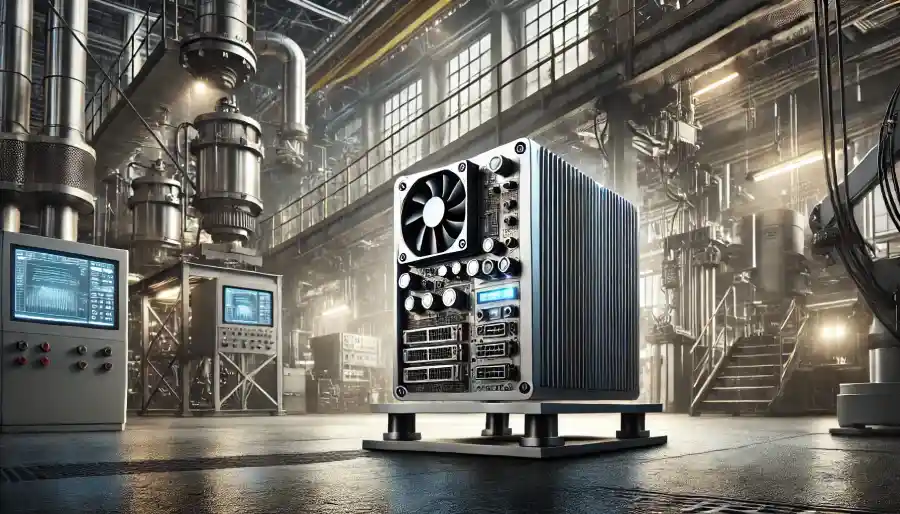Fanless Industrial PCs: Quiet and Powerful Computing for Industrial Applications
Have you ever wondered how industrial environments maintain powerful computing capabilities without the noise and maintenance of traditional PCs? This is where fanless industrial PCs come into play. They are designed to offer robust performance while eliminating the common issues associated with fan-based systems. But what exactly makes them a better choice for industrial applications? How do they ensure reliable and efficient operation in harsh environments?
An industrial PC delivers high-performance computing tailored for demanding applications. These computers are engineered to operate without fans, using passive cooling methods that reduce noise and the need for maintenance. This makes them an ideal solution for industries where reliability and durability are paramount. Let’s explore the benefits and applications of fanless PCs in greater detail.
What Are Fanless PC’s?
Specialised computers are designed to function efficiently in industrial settings without cooling fans. They use heat sinks and other passive cooling techniques to dissipate heat. Here’s what sets them apart:
- Durability: They last a long time because they don’t have any moving parts, unlike fans, which can break down.
- Quiet Operation: The absence of fans means these computers operate silently, which is crucial in noise-sensitive environments.
- Low Maintenance: There are no fans to clean or replace, so maintenance is significantly reduced, leading to lower operational costs.
Why Choose Fanless PCs for Industrial Applications?
They are well-suited for many uses due to their many benefits. Here are some key benefits:
- Reliability: You can trust their dependable performance because they are designed to endure severe environments, including dust, moisture, and high temperatures.
- Energy Efficiency: Passive cooling methods consume less power than active cooling systems, increasing energy efficiency.
- Space-Saving: They are often more compact, allowing easier installation in tight spaces.
Applications of Fanless PCs
They are versatile and can be used in various settings. Here are some typical applications:
- Automation: In manufacturing plants, they control and monitor automated systems, ensuring smooth and efficient operations.
- Transportation: They provide reliable computing power for navigation, communication, and control systems in vehicles and public transportation systems.
- Healthcare: In medical environments, they are used for patient monitoring and other critical applications, where silent operation and reliability are essential.
How Do Fanless PCs Handle Harsh Environments?
Industrial environments can be challenging, but fanless PCs are built to thrive in these conditions. Here’s how they manage it:
- Rugged Design: They often feature rugged enclosures that protect internal components from dust, moisture, and vibration.
- Advanced Cooling: They use advanced cooling solutions like heat sinks and thermal pads to manage heat without fans.
- Wide Temperature Range: Thanks to their versatile design, you may find fanless PCs that can withstand any temperature.
The Role of Fanless PCs in Industrial IoT
They play a crucial role in the Industrial Internet of Things (IIoT). They provide the computing power needed to connect and manage various smart devices and sensors in an industrial setting. These PCs offer multiple connectivity options, enabling seamless integration with other devices and systems. They can handle large volumes of data from various sensors, facilitating real-time monitoring and decision-making.
In addition, they have state-of-the-art security measures installed to safeguard against cyber threats and data confidentiality. These capabilities make them indispensable for modern IIoT applications, driving industry efficiency and innovation.
An industrial PC is a reliable and quiet solution for modern industrial applications. As long as industries are evolving, computing solutions that are efficient and reliable, such as fanless PCs, will be in high demand. They represent the future of industrial computing, where performance and reliability meet innovation. Whether in manufacturing, transportation, or healthcare, these computers offer a silent yet powerful solution for all industrial computing needs.

